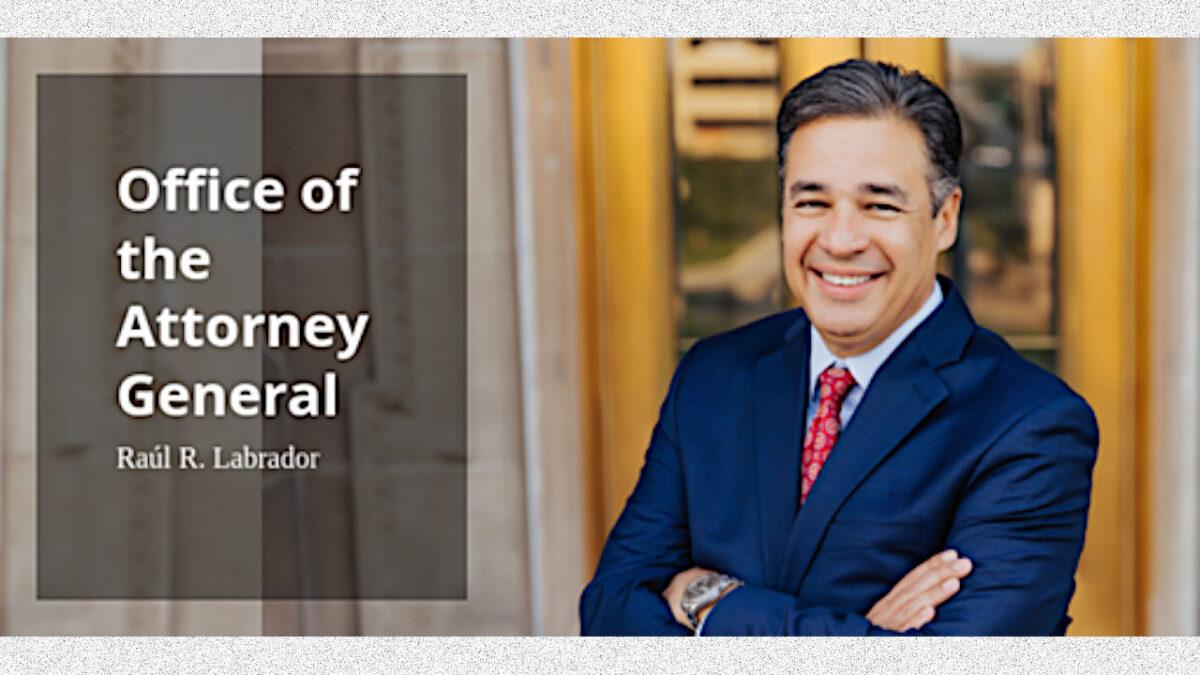Recently, my office joined 17 states to file an amicus brief urging the United States Sixth Circuit Court to overturn a federal Tennessee district court decision, which invalidated a law designed to protect children from obscene performances. The Tennessee legislature passed the Adult Entertainment Act (AEA), a law which sought to prevent minor children from being exposed to certain sexually explicit performances. The United States District Court for the Western District of Tennessee ruled that the law was unconstitutional under the First Amendment because it improperly sought to suppress the speech of certain performers who seek to “impersonate a gender that is different from the one with which they are born.”
The law was criticized as an outright ban on drag performances. That characterization is not true. The law restricted the locations at which certain forms of adult-oriented entertainment may be performed. The statute restricts, in certain locations, performances that include “nudity, sexual excitement, sexual conduct, excess violence or sadomasochistic abuse.” This law imposes the same restrictions on drag performers as any other sexually explicit performances, based on longstanding laws applicable to adult establishments. Simply, a drag entertainer can’t perform sexually explicit performances at a library, or anywhere else where children may be present. The same rules apply for anyone, whether they are an exotic dancer, a drag performer, a character in a play, a stand-up comedian, a musician, or so on.
The District Court in Tennessee made a significant error in ruling against the law. We have a moral and legal obligation to ensure this ruling does not stand. I am proud to join other Attorneys General in appealing this wrong decision.
The amicus brief to the court explains that, like Tennessee, the 18 states filing the brief “have long sought to safeguard the physical and psychological well-being of minor children. As part of these efforts, many States have enacted constitutionally permissible obscenity laws, which are designed to ensure that certain obscene materials are not distributed to or accessible to minors.” The brief further states, “The district court disregarded decades of precedent that respects the role of legislatures—and state legislatures in particular—in shaping public policy.” We also emphasized that the provisions of the statute were “copied verbatim from longstanding laws governing adult establishments and adult cabaret. The text of the AEA clearly demonstrates a good faith purpose of the Tennessee legislature to protect children from exposure to sexually explicit performances rather than to restrict the expression of drag performers.”
I am encouraged to know there are other Attorneys General that will stand with me as we fight to protect children and the values that so many families in Idaho, and our country, hold dear. These battles are worth fighting.



One reply on “Labrador Letter on Adult Entertainment Act”
I don’t understand why no one commented on this. I am glad that AG Labrador joined this suit. Drag Queens and Female Impersonators whose acts are lewd or sexual need to be in an environment where children are not present. It’s a simple concept and not foreign to any good parent. Those who support Drag Queens in Libraries or other locations where kids are present have an agenda that is certainly NOT family friendly. It is all about the breakdown of the family unit and ties into a Globalist Agenda.
Thank you, AG Labrador for all you do. Protection of children should be foremost in all our minds, especially now.